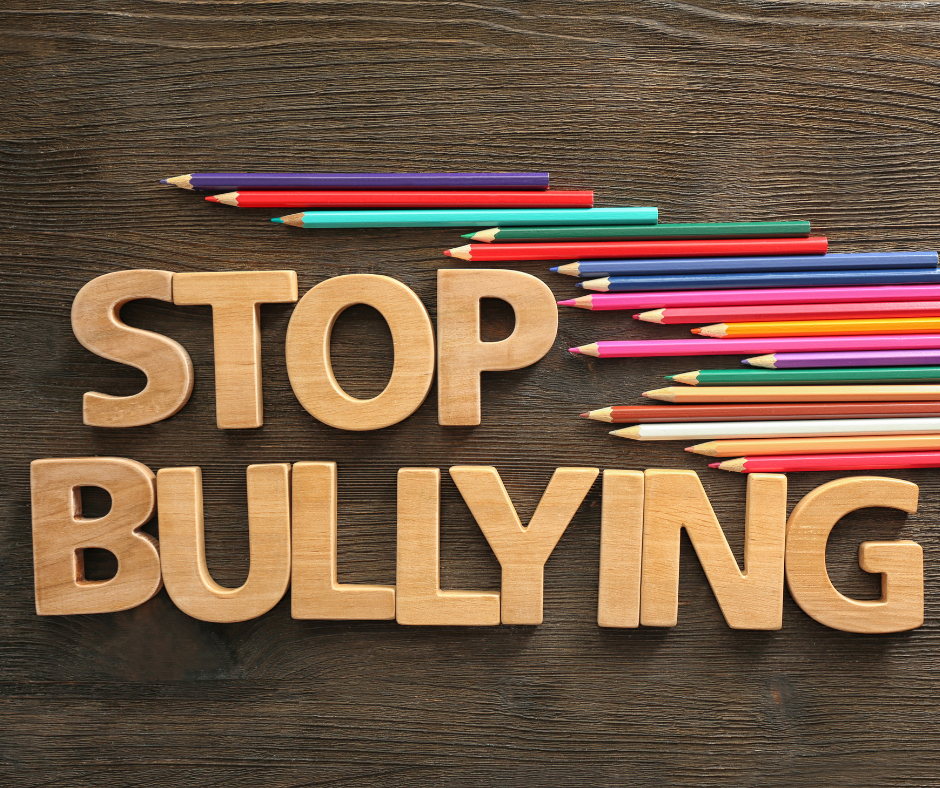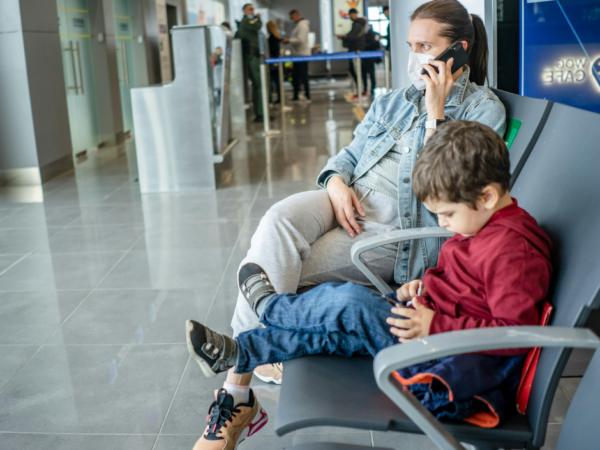The Unspoken Truth: Bullying Begins at Home – And So Does the Cure
Every school year, the cycle repeats. Tears. Fear. Silence. Children walk into classrooms carrying invisible wounds inflicted not just by harsh words or physical aggression, but by the crushing weight of feeling unseen, unwanted, and unworthy.
We ask how to stop bullying, but rarely do we ask how to raise children who don’t become bullies—or silent bystanders.
Let’s face it: bullying is not a school problem. It’s a society problem. A parenting problem. A values problem.
If we’re ever going to break this cycle, we must stop trying to control children’s behavior when they’re 12 and start shaping their hearts when they’re 2. That’s where kindness begins. That’s where empathy is planted. That’s where bullying ends.
Why Raising Kinder Kids Is No Longer Optional
We live in an emotionally overstimulated, compassion-starved world. Children are bombarded with competition, comparison, and content that rewards cruelty for clicks. If we don’t step in now, we are not just allowing bullies to be born—we’re manufacturing them.
It’s not just about discipline. It’s about emotional intelligence.
It’s not just about saying “be nice.” It’s about showing what that looks like—consistently.
It’s not just about protecting your child. It’s about equipping your child to protect others.
Imagine a generation that leads with kindness. That steps in, not steps away. That sees others. That stands for others.
That future is possible—but only if we build it.
Five Critical Shifts to Start Raising Kinder Kids Today
-
Model What You Want Them to Mirror
Children don’t listen to what we say—they become what we do. Speak with empathy. Handle conflict calmly. Show compassion even when it’s hard. -
Praise the Quiet Kindnesses
Too often, we praise academic achievement or sports wins, but ignore the child who helped a friend quietly. Start noticing and applauding these moments. Reinforce that kindness is power. -
Talk About Feelings—Often and Openly
Emotional literacy is the cornerstone of empathy. Help children identify their feelings and understand the feelings of others. Give them the language to talk, not the silence to suppress. -
Teach Them to Stand Up, Not Just Fit In
Kindness isn’t passive—it’s courageous. Role-play scenarios. Discuss what to do if they see someone being bullied. Let them know that bravery looks like kindness in action. -
Build Their Confidence Without Building Their Ego
A child who feels secure doesn’t need to tear others down. Build their self-worth through love, guidance, and presence—not pressure or performance.
This Is Bigger Than Your Home—It’s About the World They Inherit
You are not just raising a child.
You are shaping the emotional blueprint of our future leaders, teachers, employers, neighbors, parents, and partners.
A world filled with kind adults starts with how we raise our kids today.
If we don’t act now, we will keep seeing the same headlines. The same tragedies. The same brokenness—recycled into the next generation.
We cannot afford to wait.
Take Action Now: What You Can Do Starting Today
-
Have a 10-minute check-in with your child daily about their feelings and friends.
-
Share stories of kindness at dinner instead of just discussing achievements.
-
Encourage your school or community to host an empathy-building workshop.
-
Connect with other parents and teachers to build a united front against bullying.
-
Use books, movies, and real-life moments as conversation starters about compassion and courage.
The seeds of kindness don’t plant themselves. They’re sown through intentional, everyday parenting—and watered by example.
Raise a kind kid, and you’ll raise a powerful force of change.



